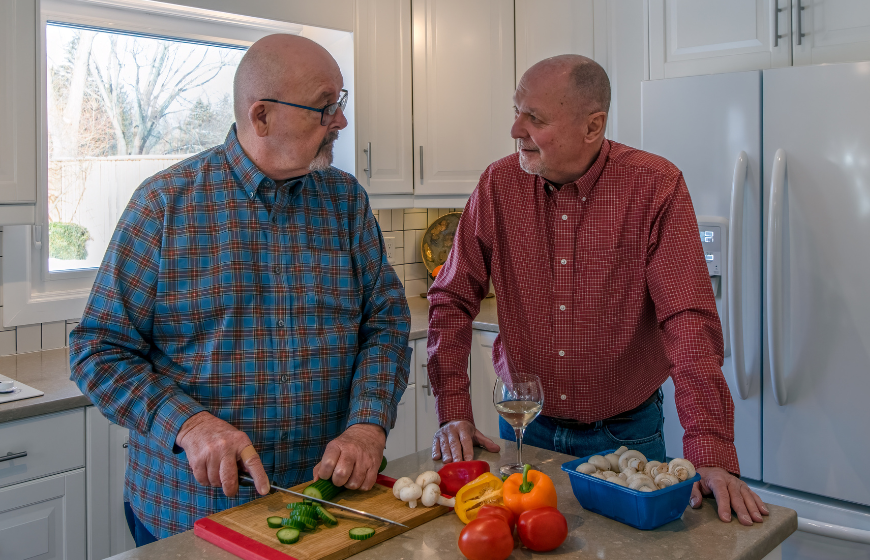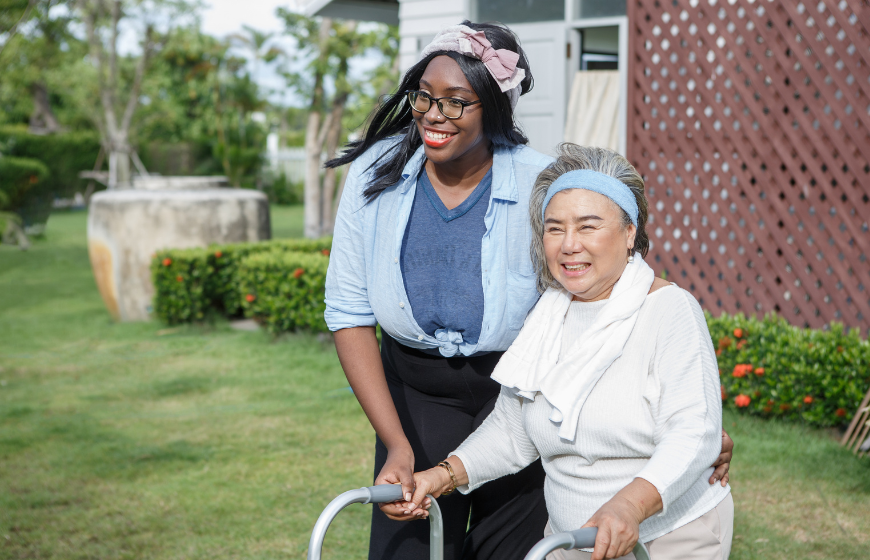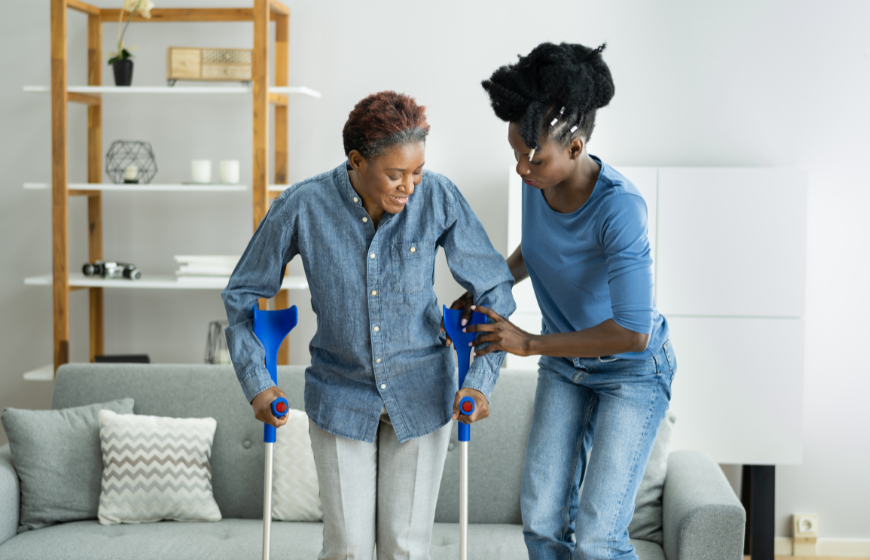Our referral partner, Dr. Pamela Barton, is a specialist in end-of-life care. In this post, she dispels some myths about hospice and explains what that term really means.
- Hospice isn’t a place.
This is a common misconception. Although hospice does normally have a designated unit, the beds are reserved for a short period of time for people whose symptoms are too severe to manage at home. Home hospice refers to services coordinated and delivered by a certified agency. The services provided are determined by Medicare regulations and can include nurse visits, home health aides, volunteers, spiritual support, and a social worker. Needed supplies and medications are delivered directly to the home. When considering hospice services, private insurance benefits may not be identical to Medicare’s. A hospice agency can make the necessary inquiries and inform you of qualifying services.
- Hospice does not provide round-the-clock care.
In reality, a home health aide may be provided by hospice for a few hours a day, usually for 5 days a week. While welcome, this is far from the 24/7 coverage required to keep up with the demands of many very ill or dying patients. If families need all-encompassing care, hospice is only an adjunct.
- You Choose A Hospice Agency.
Agencies serving New York City include:
- Metropolitan Jewish Health System Hospice and Palliative Care (MJHS)
- Visiting Nurse Service of New York Hospice and Palliative Care (VNSNY)
- Calvary Hospice Home
- Hospice of New York
All hospice agencies are governed by the same Medicare regulations, but there are differences between agencies in terms of responsiveness, quality and quantity of services offered, and accessibility to staff by phone. If you’re unhappy with the care your loved one is getting after you’ve started hospice services, you may want to switch to another agency and see if it makes a difference.
While agencies have excellent resources at their disposal, there are reasons you may not wish to choose hospice care at the end of life. For further information, you can contact Dr. Pamela Barton by calling 212-252-2305 or by visiting her website here.
If you or someone you know needs help defining what home care would look like for you, don’t hesitate to contact us at 1.877.687.7380 (NURSE80).



